HE Review
The major review of HE was announced in late February (see policy update 23 Feb 2018 for our analysis). It’s a Department for Education review supported by an independent panel with an advisory role. The independent panel, led by Philip Augar, have opened a consultation and evidence gathering exercise inviting responses from the education sector and students, industry, professional representative groups and the wider public. The principles of the consultation are:
- An education system that is accessible to all
- An education funding system that provides value for money and works for both students and taxpayers
- A system that incentives choice and competition across the post-18 education sector
- A system that provides the skills development that the country needs to function productively
Chair of the review panel Philip Augar said:
- “This is an ambitious and wide-ranging review. We begin with no preconceptions. Our priority is to undertake a thorough examination of the evidence and to hear from a broad range of stakeholders who like us are committed to ensuring the system works for everyone.”
This consultation will feed into the independent panel’s interim report. The full HE Review will conclude early in 2019 when the Government will publish their findings and announce policy changes. To inform our BU response to the HE Review all staff and students are invited to consider the issues in this (anonymous) 5-minute survey. Please take a look at the survey questions as we’d like to hear from as many staff and students as possible. You don’t have to answer all the questions! The major review of HE will shape the HE system, including how universities are funded for years to come. The survey will be available to staff until Friday 20th April –but don’t wait until after Easter!
This week HEPI have a guest blogger who discusses his thoughts on the HE review.
Part Time Students
The Government spokesperson, Viscount Younger of Leckie, showed remarkable resilience and adherence to the party line during a challenging House of Lords oral questioning session this week. The charge was led by Baroness Bakewell who called for action and pushed the Government to find further methods to promote part time study following the publication of The Lost Part-Timers (see below). Other members called for maintenance grants to be restored and for a focus on the barriers that part-time students commonly encounter and failings within the new apprenticeships scheme. Viscount Younger’s response was that the HE review focus on flexibility, the duty on the OfS to address this variety of methods to access study, and the incoming (2018-19) part-time maintenance loans would address the questioner’s concerns. The full text of the Part Time debate is a quick read – you can access it here.
The Lost Part-Timers
On Sunday the Sutton Trust published The Lost Part-Timers which considers the last decade’s decline in UG part-time student numbers in England. Unsurprisingly the 2012/13 higher fee reforms feature heavily. Here are the key findings:
- Since 2010 part time UG entrants have fallen annually. By 2015 numbers nationally had decreased by 51% – this was most keenly felt at the Open University (OU) whose numbers declined by 63%, whereas other UK universities and FE colleges only declined by 45%. This difference between the OU and the rest of the sector features throughout the data in the report.
- Colleagues with a particular interest in part time provision will want to reference the full report and access a number of charts which illustrate the level of change in part time numbers for other institutions more clearly – see the difference in degree decline rates in figures 4 (OU) and 5 (others).
- Using the OU decline data combined with the fee increases (English student increase in fees of 247%, compared to 2% for those from Scotland and Wales) at 2015, numbers in England were down by 63%. The Sutton Trust conclude that this indicates that a decline in the English numbers would likely have occurred regardless of the 2012 changes, but that it is much higher as a result of the fees increase. They attribute 40% of the numbers decline to the fee changes.
- The biggest drops have been among mature students over-35, those pursuing sub-degree qualifications, such as courses leading to institutional credit, and low intensity courses (lower than 25% full-time equivalent).
- The decline in part-time study has significant knock-on effects for widening participation, particularly as young part-time students tend to be less well-off than those studying full-time. Using the POLAR measure of disadvantage, 17% of young part-time students are from the most disadvantaged group, compared to just 12% of full-time.
- Interestingly, the drop in numbers between 2010 and 2015 has been highest for the most advantaged group of young entrants – 59% compared to 42% for the most disadvantaged group. Nevertheless, the Sutton Trust note that the 42% drop is extremely significant for a group that need greater access to higher education.
Her are the Sutton Trust’s Recommendations (verbatim):
- The government’s Review of Post-18 Education should recognise that the costs of tuition for part time and mature students need to be tackled to reduce barriers to entry. The review should acknowledge the end of a ‘one size fits all’ approach to student finance, and recognise that the mature and part-time sector requires tailored solutions. One option, which calculations for this report show would come at a low or zero additional cost per student, would be to give students who are eligible for the new part-time maintenance loan the option of a tuition fee grant for the first two years of their course instead of having to take out a maintenance loan.
- In the longer term, government should consider the most effective use of additional resources to combat the decline in mature and part-time study. Options include widening eligibility for student support (in terms of means-testing and relaxing equivalent qualification conditions), or increased teaching grants to universities through a ‘part-time premium’. The latter option could particularly help to alleviate declines in the supply of part-time courses.
- Information on fees and loan eligibility should be much clearer for prospective students. Providing accurate, up-to-date data on fees and ‘fees per full-time equivalent student’ in an easily accessible form should be a priority for the Office for Students. Eligibility criteria should be streamlined to make them less complex and easier to understand.
- Resources should be invested in reinvigorating lifelong learning, particularly for the less well-off. In a rapidly changing economy, the need to upskill is likely to become greater and greater. It is essential that this doesn’t lead to a two tier-workforce. Additional resources for supporting lifelong learning should be directed at those with lower levels of education and from low socio-economic backgrounds who would benefit the most.
- Data collection that can inform future policy should be improved. There are four sets of information which, if they were available more systematically, would make future analysis much more effective: part-time tuition fees, loan eligibility and loan take up, and means to measure the impact on social mobility of mature entry to higher education.
Widening Participation and Social Mobility
Social Mobility Commission – The Commons Education select committee has concluded that the Social Mobility Commission ‘needs greater powers and ‘should be complemented by a new delivery body to drive forward social justice initiatives across Government and the country’. Among the enhanced powers proposed is greater resource for the Commission to publish social justice impact assessments on Government policies and to proactively advise Ministers on social justice issues in an independent capacity (currently they can only advise Ministers when requested to do so). The Committee also expressed regret that the Commission’s membership had to operate at a reduced capacity and now recommends a minimum membership of seven members in addition to the Chair.
Rt Hon Robert Halfon MP for Harlow, Chair of the Education Committee, stated:
- “Without stronger powers the Social Mobility Commission will do little to tackle social injustices and give the most vulnerable in society the chance they deserve to climb the ladder of opportunity. The Government needs to co-ordinate the social justice agenda from the centre and should give a Minister in the Cabinet Office specific responsibility to lead on this work and to ensure that the policies deliver in improving opportunities for all.
- It’s crucial that a new body is created inside Government with the levers and powers to co-ordinate and drive forward initiatives across Whitehall and ensure social justice is delivered across the country. We need a Commission which has the teeth to undertake objective assessments of the implications for social justice of Government policies and is properly equipped to hold Ministers’ feet to the fire on social mobility.”
The Education Committee has recommended the ‘revamped’ Social Mobility Commission should be paired with a body inside Government to coordinate action and implement solutions. It also recommended that as the Commission should seek to offer all people equal access to opportunities the name should be changed to the Social Justice Commission. The Education Committee has published a draft Bill to enact the recommended changes.
Displaced People – UUK report that there are more than 65 million displaced people in the world (almost 1% of the global population). Of these:
- 61% are under 26 – therefore almost 40 million young people are estimated as likely to be missing out on education at all levels, and
- only 1% of displaced people are in higher education. UUK state this loss of individual opportunity and human potential is immense.
UUK has launched a guide for institutions outlining how they can support refugees and displaced people.
Three relevant parliamentary questions this week:
Education maintenance allowance – Q – John Cryer (Lab): Did the abolition of the education maintenance allowance contribute to or hinder social mobility?
- A – Damian Hinds (Con): With the alternative funding that was put in place, it was possible for sixth-form colleges to do other things to ensure that they were attracting the full range of students. More disadvantaged youngsters are going on to university than ever before.
Improving participation – Q – Ms Marie Rimmer: To ask the Secretary of State for Education, what steps his Department is taking to improve participation of students from under-represented areas in further or higher education.
- A – Sam Gyimah: Widening participation in further and higher education is a priority for this government and we want to continue to ensure that everyone has the opportunity to benefit from it, regardless of background or where they grew up. ‘Unlocking Talent, Fulfilling Potential’ published in December 2017 set out our plan for improving social mobility through education.
- Whilst more disadvantaged 18 year olds are going to university than ever before we have, through our first guidance to the Office for Students (OfS), asked the OfS to encourage higher education (HE) providers to undertake outreach work with schools, and to focus particularly in those parts of the country with the greatest challenges, including in opportunity areas. These areas have been identified as those weakest in both the 2016 Social Mobility Commission’s index and the Department for Education’s data on school standards and capacity to improve.
- In addition, the National Collaborative Outreach Programme run by the Higher Education Funding Council for England is supporting 29 consortia (including HE providers, further education (FE) colleges, schools, employers and others) to undertake outreach activities in geographical areas where the HE participation of young people is both low and much lower than expected based on GCSE-level attainment.
- FE providers already fulfil a crucial role in driving social mobility by equipping or reskilling individuals with relevant labour market skills, providing routes into further study and often acting as a second chance at a basic education.
- FE providers will play a key role in our reforms to technical education, leading to more and better opportunities for young people, whatever their background and ensuring that they are on a high quality route to employment.
- A thriving careers system, that is accessible to everyone, is at the heart of our focus on social mobility. Our recently published careers strategy will support everyone, whatever their background, to go as far as their talents will take them and have a rewarding career.
Commuter students and Maintenance Grants – Q – Baroness Deech: What assessment they have made of (1) the impact of the abolition of maintenance grants on university students from disadvantaged backgrounds, and (2) the report from the Sutton Trust, Home and Away, which found that students who cannot afford to live away from home while at university are disadvantaged in terms of social mobility.
- A – Viscount Younger Of Leckie: The government published an equality analysis in November 2015 which sets out the impact of the abolition of maintenance grants on protected and disadvantaged groups of students. We are seeing record rates of 18 year olds, including those from disadvantaged backgrounds, entering full-time higher education. Our new reforms to higher education will go further to ensure the system is offering more choice and value for money for all students.
- We have increased support for full-time students’ living costs by 2.8% in 2017/18 to £8,430 a year for eligible full-time students from households with low incomes who live away from home and study outside London – the highest ever amount.
- The Sutton Trust’s report provides helpful insight into the experience of students who choose not to relocate for study. This is why government’s review of post-18 education and funding will consider how we can encourage and support learning that is more flexible for students, including commuter study options.
- The review will also consider what more can be done through the financial support available to widen access to university for disadvantaged students, including making sure that the right maintenance support is available.
Parliamentary Questions
Student Electoral Registration – Q – Cat Smith: What steps he is taking with the Department for Education to implement the student electoral registration provision of the Higher Education and Research Act 2017.
- A – Chloe Smith: The Cabinet Office and Department for Education worked together on the public consultation that led to the issuing of Ministerial Guidance to the Office for Students (OfS) on electoral registration. The OfS is now in the process of drafting guidance to HE providers which will be made available later this year.
Non-Continuation – Q – Gordon Marsden: With reference to the Higher Education Statistics Agency’s non-continuation performance indicators, published on 8 March, what steps he is taking to tackle the increase in non-continuation rates for mature students.
- A – Sam Gyimah: The data published by the Higher Education Statistics Agency (HESA) on 8 March 2018 shows that the non-continuation rate for mature students has remained broadly similar over recent years, regardless of course type or mode of delivery. The vast majority of higher education students complete their courses and achieve their chosen qualification. However, we are not complacent. We want everyone with the potential to benefit from higher education to be able to do so but we recognise that some students are at a higher risk of ‘dropping out’.
- The Teaching Excellence and Student Outcomes Framework includes a metric that measures continuation rates. Institutions with below average retention rates will receive a negative flag, which may affect their overall award. This will incentivise institutions to take measures to improve retention rates.
- Within the first access and participation guidance to the Office for Students (OfS), my right hon. Friend, the Secretary of State has asked the OfS to encourage higher education providers, when developing their access and participation plans, to build on work already underway aimed at improving student retention. This guidance also asks the OfS to encourage providers to consider the recruitment and support of mature learners.
TEF for private providers – Q – Lord Storey: (a) Whether the rating of degree courses as gold, silver or bronze will also apply to those private colleges offering higher education degrees.
(b) Whether the rating of degree courses as gold, silver or bronze will apply to overseas universities established by UK universities.
- A – Viscount Younger Of Leckie: (a) Private colleges offering higher education degrees can participate in the Teaching Excellence and Student Outcomes Framework (TEF) if they meet the eligibility requirements. From the 2019-20 academic year, TEF will be a condition of registration for providers with more than 500 students on higher education courses. Smaller providers, for whom the cost of participation might be disproportionate, may participate on a voluntary basis if they meet the eligibility criteria.(b) The delivery of UK ratings or awards to overseas campuses of UK providers is outside the scope of the Teaching Excellence and Student Outcomes Framework (TEF).
Revisiting older discussions on impact of EU student decline – Q – Lord Fox: What estimate they have made of the possible reduction in the number of EU students registering for UK universities in the event of those students having to pay international fees following Brexit.
- A – Viscount Younger Of Leckie: EU students, staff and researchers make an important contribution to our universities. We want that contribution to continue and are confident – given the quality of our higher education sector – that it will.Analysis of Higher Education Statistics Agency finance data shows that in 2015/16, EU tuition fee income accounted for around 2.3% of total higher education institution sector income in the UK. However, some institutions are more dependent on the EU tuition fee income meaning the impact of leaving the EU may be greater for some institutions than others. The precise impact will depend on the outcome of the UK’s negotiations with the EU and the subsequent response of universities.
Strikes – compensation for students – Q – Laurence Robertson: To ask the Secretary of State for Education, whether he is taking steps to secure compensation for students affected by strike action by university lecturers; and if he will make a statement.
- A- Sam Gyimah: Universities are autonomous institutions and it is for them to ensure that they meet their obligations to their students. We remain concerned about any impact of strike action on students and expect universities to put in place measures to maintain the quality of education that students should receive. I am aware that during this period universities are putting in place measures to mitigate the impact of the industrial action on students, and that some are putting withheld salaries into student support funds. I would expect universities to offer financial compensation where the quality of a student’s experience has been seriously affected. I am pleased that some have already said they will consider this and I would urge others to do so.
Cyber Crime – Q – Gordon Marsden: How many cyber security related incidents affected (a) further education colleges and (b) higher education institutions in 2017.
- A – Anne Milton: Jisc, who provide ICT infrastructure services to further education (FE) colleges and higher education (HE) institutions, reported that in 2017 the Jisc Security Operations Centre responded to 5,023 security incidents or queries from HE and FE in England. These include malware, phishing, copyright infringements, compromise, denial of service and RIPA requests. The impact of an incident varies greatly from minimal to significant. Of these 1,389 incidents or queries were from FE institutions in England and 3,634 from HE institutes.
And there’s more…
You may also be interested in the responses to the following parliamentary questions and debates:
- OfS role in improving and gender and ethnic diversity within Russell group institutions
- Student Retention in HE
- Freedom of Expression in HE
Consultations
Click here to view the updated consultation tracker. Email us on policy@bournemouth.ac.uk if you’d like to contribute to any of the current consultations:
- Subject level TEF
- HE Review (see BU’s survey)
Other news
Contract Cheating: The Advertising Standards Agency has upheld two complaints (originating from the QAA) against an essay mill company. The complaints focussed on the semantics within an advert and led to the ruling preventing similar advertising within the essay mill organisation. QAA states the ruling represents: the first successful challenge to their claims of legitimacy, exposing their cynical use of anti-plagiarism disclaimers and exploitative media referencing. The Telegraph covers the ruling in Essay mill website must warn students about risks of submitting fake work, advertising watchdog rules.
Health & Social Care: The House of Commons Treasure Committee tackled health and social care on Tuesday discussing what would be required in the 2019 spending review to address pressures on social care. A spokesperson for the Office for Budget Responsibility, Chote, confirmed it was a choice between recalibrating policy in the area or reducing spending in other areas to spend additional money in social care. Chote noted tackling the social care issue would make it more difficult to meet deficit reduction targets by the mid-2020s. He also spoke about uncertainties related to the impact of migration on social care need in the future and possible effects on immigration policy changes.
HE Sector Financial Health: HEFCE reported on the (16/17) financial health of the HE sector this week concluding that overall the sector is sound and generally outperformed financial forecasts. However, there was considerable variability in the financial performance and position of individual institutions. In general there has been a rise in borrowing and reductions in surplus and cash levels. Facing the future the uncertainties of Brexit, global competition, and UK education policy instability were all noted as significant factors for sustainability moving forward.
HEFCE’s Chief Executive, Professor Madeleine Atkins, said:
As the higher education landscape evolves, institutions will need to be alert to emerging risks and opportunities. The sector has risen to these sorts of challenges in the past, forecasting prudently and showing itself to be adaptable to a more competitive and uncertain environment. However, any risks will need careful monitoring and mitigation to ensure long-term sustainability.
Student Housing: Early in his role HE Minister Sam Gyimah championed unreasonable student rent prices. This week Student Co-op Homes issued the press release: New national body launched to fix “broken” student housing market. The organisation aims to provide value for money in student accommodation and promotes the three student housing co-operatives (accommodation owned and managed by students) that have been established nationally. Currently the three housing co-operatives manage 150 beds (aiming to expand to 10,000 beds by 2023), have lowered rents by 10-30%, reinvesting rental income to improve the quality of the accommodation. The Financial Times covered the story here.
Advance HE: The Advance HE website has gone live, view it here.
Subscribe!
To subscribe to the weekly policy update simply email policy@bournemouth.ac.uk
JANE FORSTER | SARAH CARTER
Policy Advisor Policy & Public Affairs Officer
Follow: @PolicyBU on Twitter | policy@bournemouth.ac.uk
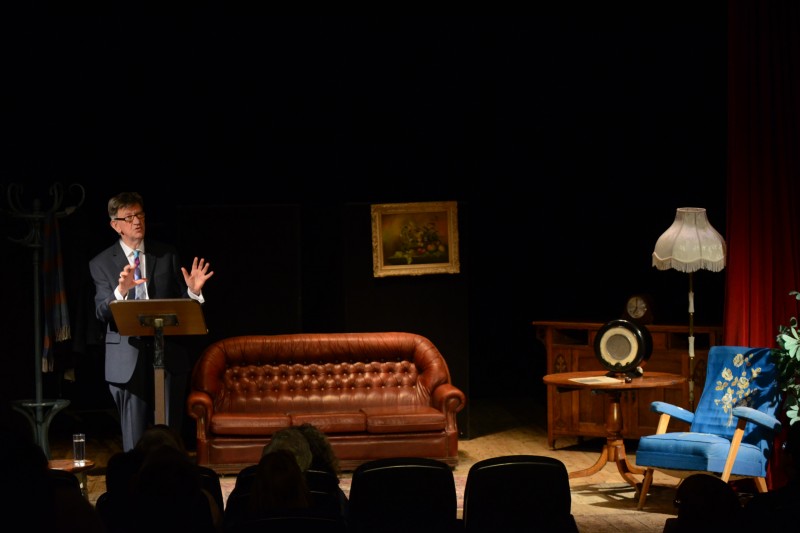
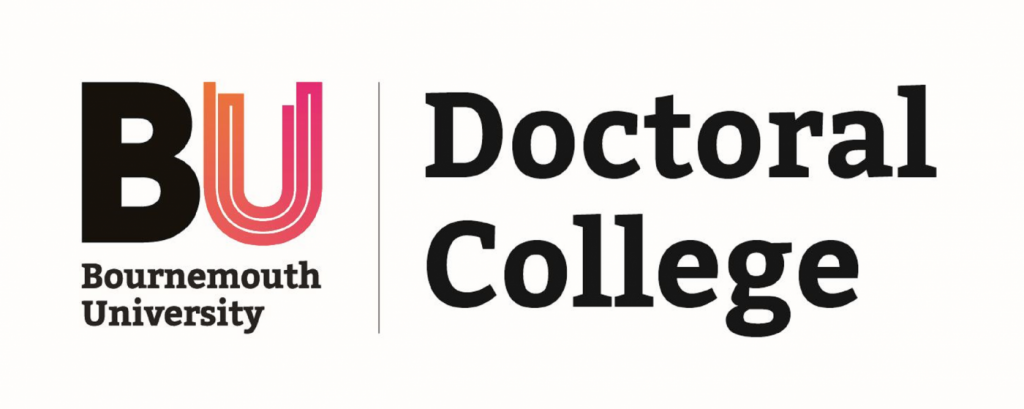
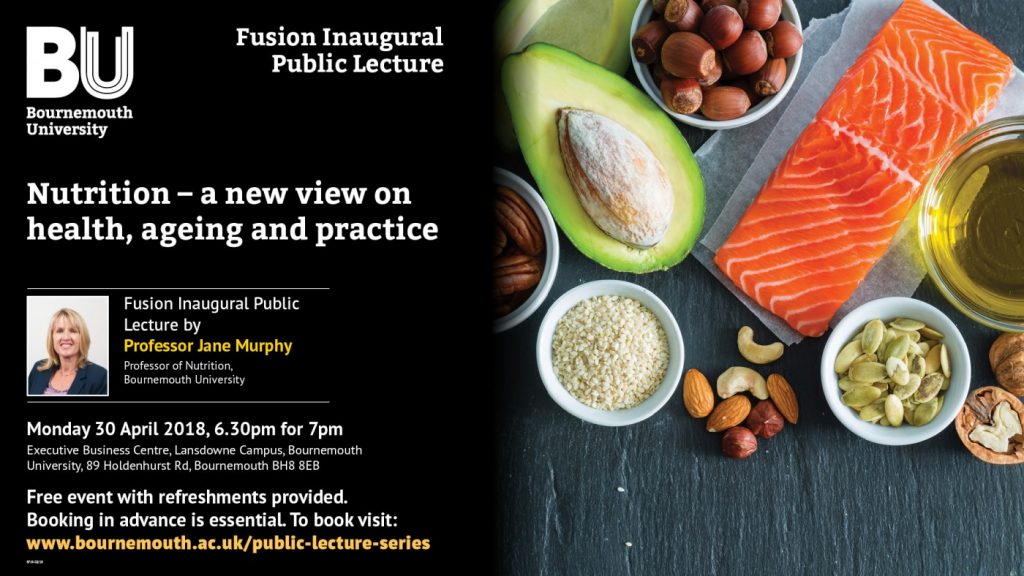
 NERC
NERC  A river moment in time
A river moment in time 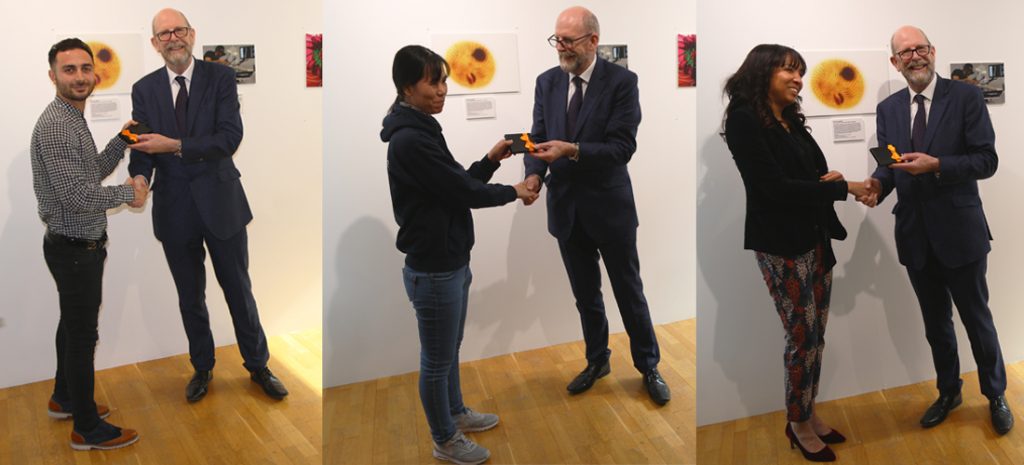
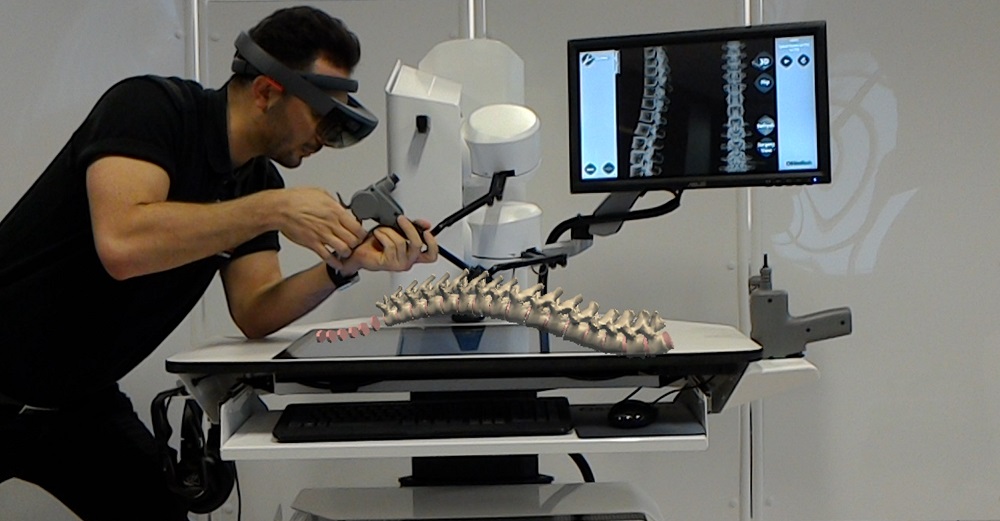





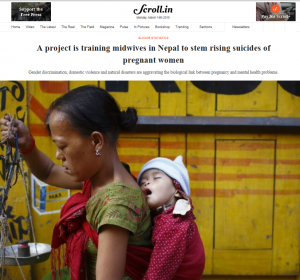












 New Nepal scoping review on maternal & neonatal health
New Nepal scoping review on maternal & neonatal health Fourth INRC Symposium: From Clinical Applications to Neuro-Inspired Computation
Fourth INRC Symposium: From Clinical Applications to Neuro-Inspired Computation Writing policy briefs
Writing policy briefs Upholding Excellence: The Concordat to Support Research Integrity
Upholding Excellence: The Concordat to Support Research Integrity ECR Funding Open Call: Research Culture & Community Grant – Application Deadline Friday 12 December
ECR Funding Open Call: Research Culture & Community Grant – Application Deadline Friday 12 December MSCA Postdoctoral Fellowships 2025 Call
MSCA Postdoctoral Fellowships 2025 Call ERC Advanced Grant 2025 Webinar
ERC Advanced Grant 2025 Webinar Horizon Europe Work Programme 2025 Published
Horizon Europe Work Programme 2025 Published Horizon Europe 2025 Work Programme pre-Published
Horizon Europe 2025 Work Programme pre-Published Update on UKRO services
Update on UKRO services European research project exploring use of ‘virtual twins’ to better manage metabolic associated fatty liver disease
European research project exploring use of ‘virtual twins’ to better manage metabolic associated fatty liver disease